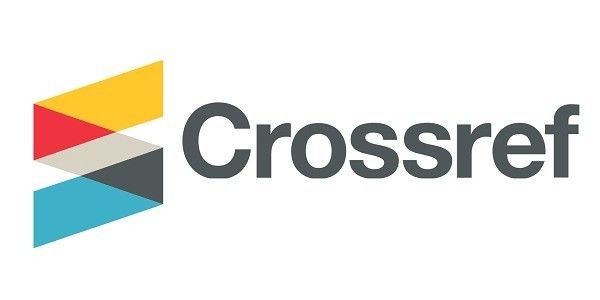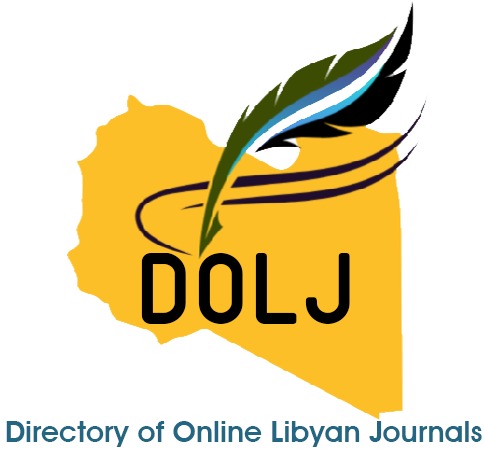Publication Ethics and malpractice
Publication Ethics
The following terms represent the RMJ essential ethical elements of publication that are mainly based on Committee On Publication Ethics (COPE) which should be taken into account by all the parties involved in the publication process.
Editors Responsibilities
Editors must ensure a fair double-blind peer-review of the submitted articles for publication. They will strive to prevent any potential conflict of interest between the author and editorial and review personnel. Editors will also ensure that all the information related to submitted manuscripts is kept as confidential before publishing. The editor-in-Chief will coordinate the work of the editors.
Confidentiality
The information in the submitted manuscripts is treated with a high degree of confidentiality and would not be disclosed to anyone outside the concerned parties involved in the publication process, namely the author(s), the reviewers, the concerned editor(s), and the administrative staff of the journal
Conflicts of Interest
It is not permitted for the chief or the members of the editorial board to use any information stated in the unpublished documents or papers for their scientific research except by having written permission from the original author of the research.
Publication Malpractice
RMJ is an electronic peer-reviewed international journal committed to upholding the highest standards of publication ethics. To provide our readers with a journal of the highest quality we state the following principles of Publication Ethics and Malpractice Statement. All articles not by these standards will be removed from the publication if malpractice is discovered at any time even after the publication. RMJ checks all papers in a double-blind peer-review process; Submitted manuscripts for publication are double-blind peer-reviewed: both reviewers and authors are unaware of their identity. We also check for plagiarism and research fabrication as RMJ reserves the right to use plagiarism-detecting software to screen submitted papers at all times; falsification (manipulation of existing research data, tables, or images), and improper use of animals in research. Following the code of conduct, we will report any cases of suspected plagiarism or duplicate publishing. All parties involved in publishing - the authors, the journal editors, and the peer reviewers are agree with standards of ethical behavior.








